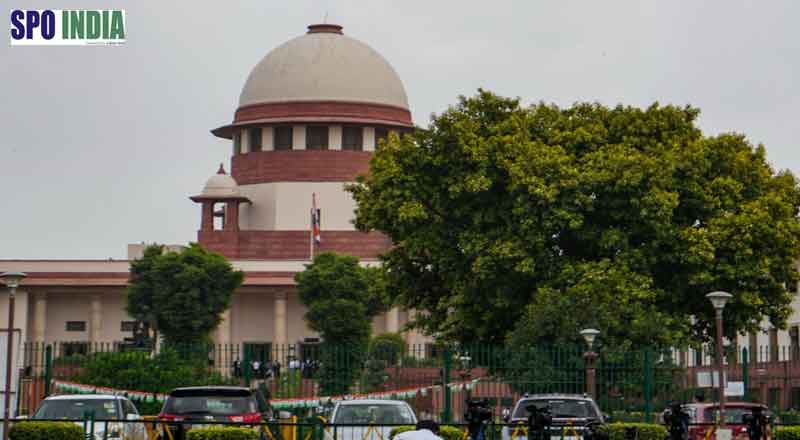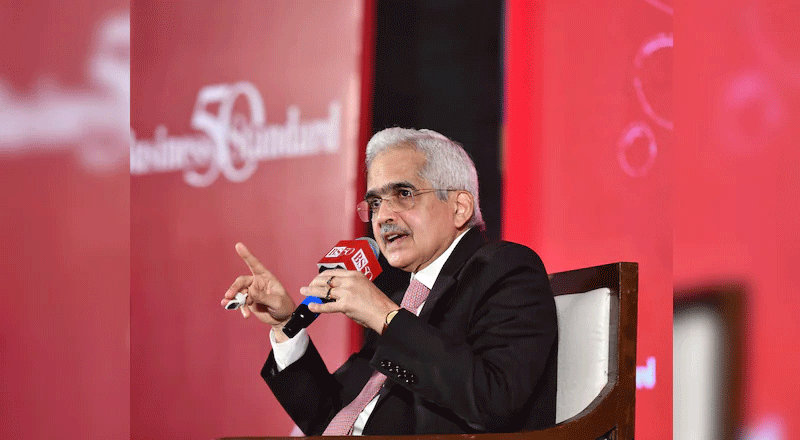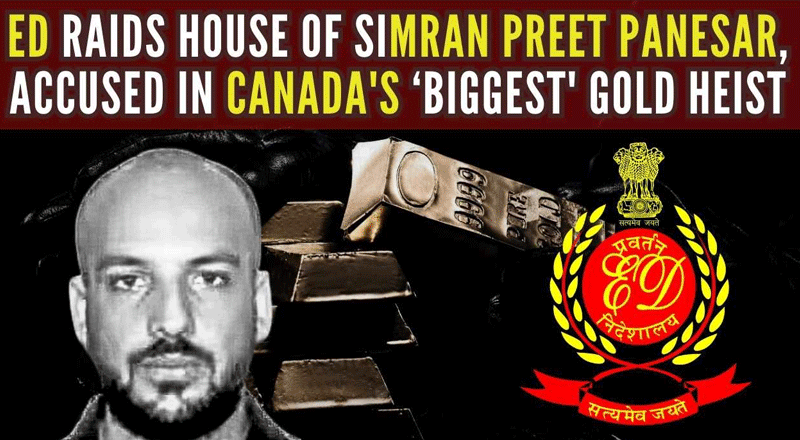- Amidst escalating controversies surrounding the NEET examination, the Supreme Court issued a firm rebuke to the National Testing Agency (NTA).
- The Court stressed a policy of zero tolerance for any negligence, emphasizing that even the smallest lapses in the examination process must be dealt with severely.
- Today’s decision holds significant implications for NEET candidates and stakeholders eagerly awaiting the court’s stance on the matter.
- Last week, the NTA notified the Supreme Court that it would revoke grace marks granted to 1,563 candidates and provide them the opportunity to retake the exam on June 23, with results anticipated by June 30.
- The NEET-UG exam, taken by 24 lakh students on May 5, saw its results announced on June 4 amidst allegations of paper leaks and administrative mishandlings.
- The distribution of incorrect question papers, torn OMR sheets, and delays further exacerbated tensions, leading to widespread protests from student organizations.
Amidst mounting controversies surrounding the NEET examination, the Supreme Court delivered a resolute admonition to the National Testing Agency (NTA). The Court emphasized a zero-tolerance policy towards even the slightest negligence, stressing that any lapses in the examination process must be addressed with utmost severity.
During the hearing, the justices responded to numerous complaints regarding irregularities in the NEET exam, underscoring the imperative of maintaining the integrity of the examination and ensuring equitable treatment of all candidates.
The apex court issued a notice to the NTA during the proceedings, asserting, “Even if there’s 0.01% negligence, we will deal with it strictly.” This statement came in response to petitions, including one demanding the cancellation of the NEET exam, led by educationist Nitin Vijay and representing approximately 20,000 students.
Acknowledging the dedication and hard work of students in preparing for the exam, the Court consolidated multiple petitions for a comprehensive hearing scheduled for July 8. Justices Vikram Nath and SV Bhatti presided over the bench for today’s proceedings, which highlighted the seriousness with which the judiciary views the ongoing issues.
Nitin Vijay, advocating for the students, highlighted digital protests citing alleged irregularities in the NEET exam, including paper leaks and discrepancies. The plea sought a fresh examination to rectify these issues, prompting the Supreme Court to instruct the NTA to diligently address student complaints and rectify any genuine errors promptly during future exams.
Earlier hearings had seen the Supreme Court issuing notices to the NTA while refraining from halting the counseling process. Today’s decision holds significant implications for NEET candidates and stakeholders eagerly awaiting the court’s stance on the matter.
In response to the controversies, the Aam Aadmi Party (AAP) announced plans for a substantial protest at Jantar Mantar, scheduled for June 19, followed by nationwide protests against the Modi government’s handling of the NEET situation. Meanwhile, the Rajasthan High Court also took up a NEET-related petition concerning issues such as delayed exam papers and inadequate time allocation, highlighting the broader impact of the controversy.
Last week, the NTA informed the Supreme Court that it would nullify grace marks awarded to 1,563 candidates and offer them the option to retake the exam on June 23, with results expected before June 30. Candidates opting out of the re-test will retain their original scores without additional marks.
The NEET-UG exam, taken by 24 lakh students on May 5, saw its results announced on June 4 amidst allegations of paper leaks and administrative mishandlings. The distribution of incorrect question papers, torn OMR sheets, and delays further exacerbated tensions, leading to widespread protests from student organizations.
As the legal and administrative battle over NEET continues, the Supreme Court’s strict stance underscores its commitment to upholding fairness and transparency in one of India’s most critical entrance examinations. The upcoming hearing on July 8 promises to be pivotal in determining the future course of action regarding the NEET controversy, setting the stage for potential reforms in the examination process.
(With inputs from agencies)





